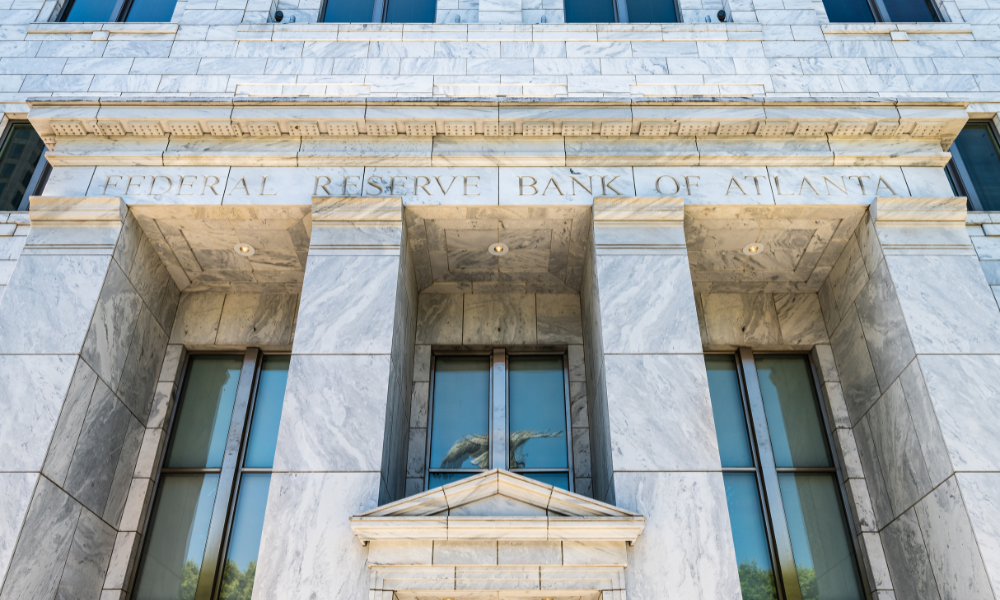

by Jonnelle Marte
Federal Reserve Bank of Atlanta President Raphael Bostic said it could be several months before there’s clarity on how President Donald Trump’s policies and other factors will affect the economy, suggesting officials could hold rates steady until at least late spring.
Bostic reiterated that Trump’s changes could affect the economy in different ways, which adds to uncertainty about the economy.
“The question is, how does this all sort out?” Bostic said Thursday during an event in Birmingham, Alabama. “I’d be surprised if we got a lot of clarity before the late spring into summer.”
During that time period, the Federal Open Market Committee has meetings scheduled for May 6-7, June 17-18 and July 29-30.
The direction of the economy, Bostic added, is “very much up in the air.”
Fed officials have signaled they expect to leave interest rates unchanged for some time while they wait for more evidence inflation is declining to their 2% target. The Fed lowered its benchmark interest rate by a full percentage point in the closing months of 2024, bringing it to a target range of 4.25% to 4.5%.
Earlier Thursday, Fed Governor Christopher Waller said he still expects the Fed to lower rates two to three more times this year.
Investors expect the Fed to leave rates steady when officials meet March 18-19. But markets are forecasting three rate reductions later this year, according to pricing in futures contracts.
“Just this week, we’ve seen pretty wild swings in terms of where policy is going to land,” Bostic said. “You’ve got to be patient and not want to get too far ahead.”
Earlier Thursday, Trump delayed tariffs on a significant share of imports from Mexico and Canada just days after they took effect. The new deadline of April 2 is also when the president is expected to start unveiling plans for so-called reciprocal duties on nations around the world as well as sector-specific duties.
Bostic said last week the Fed should hold interest rates at a restrictive level until it gets the price stability side of its mandate fully under control.
Copyright Bloomberg News

From outstanding individuals to innovative organizations, find out who made the final shortlist for top honors at the IN awards, now in its second year.

Cresset's Susie Cranston is expecting an economic recession, but says her $65 billion RIA sees "great opportunity" to keep investing in a down market.

“There’s a big pull to alternative investments right now because of volatility of the stock market,” Kevin Gannon, CEO of Robert A. Stanger & Co., said.

Sellers shift focus: It's not about succession anymore.

Platform being adopted by independent-minded advisors who see insurance as a core pillar of their business.
RIAs face rising regulatory pressure in 2025. Forward-looking firms are responding with embedded technology, not more paperwork.
As inheritances are set to reshape client portfolios and next-gen heirs demand digital-first experiences, firms are retooling their wealth tech stacks and succession models in real time.
